#gertrud fridh
Text
"Vargtimmen" (1968) - Ingmar Bergman
(Eng. title: "Hour of the Wolf")
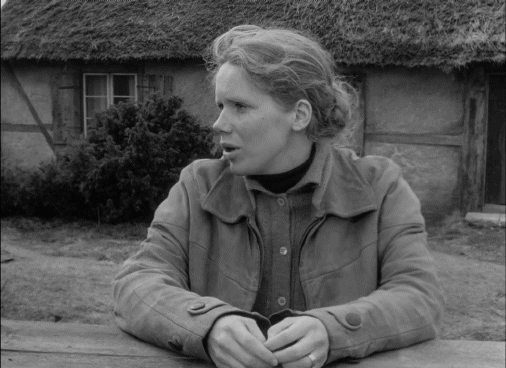









Films I've watched in 2024 (12/?)
#films watched in 2024#Vargtimmen#Liv Ullmann#Max von Sydow#Naima Wifstrand#Erland Josephson#Gertrud Fridh#Georg Rydeberg#Ulf Johanson#Gudrun Brost#Bertil Anderberg#Ingmar Bergman#Sven Nykvist#Swedish film#Swedish cinema#black-and-white film#1960s film#1960s cinema#film GIFs#movie GIFs#film recommendations#movie recommendation#motionpicturelover's gifs
6 notes
·
View notes
Text
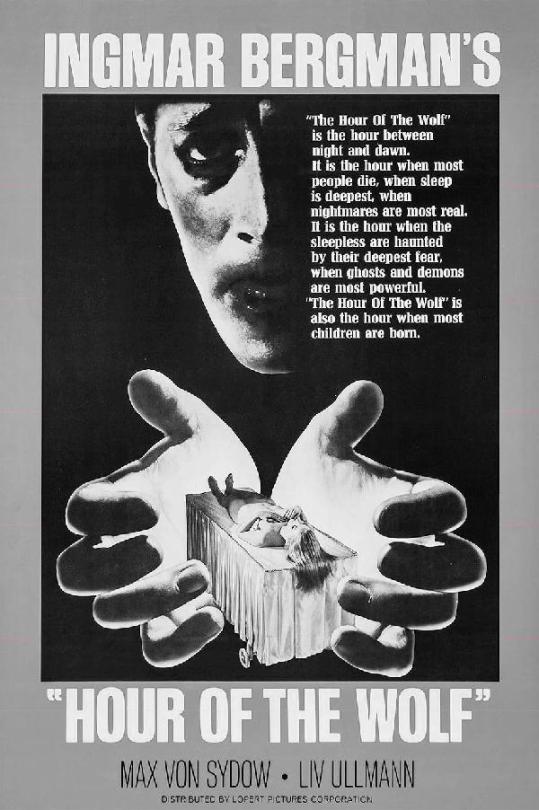
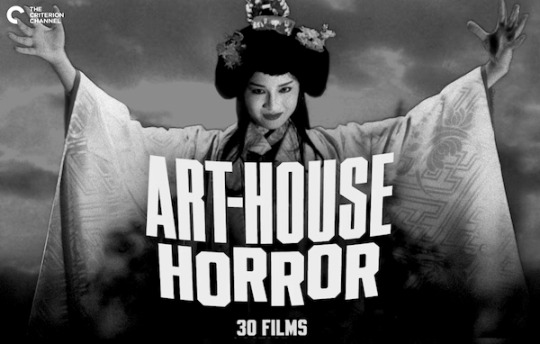
Currently Watching
HOUR OF THE WOLF
[VARGTIMMEN]
Ingmar Bergman
Sweden, 1968
#currently watching#The Criterion Channel#The Criterion Collection#Ingmar Bergman#Max von Sydow#Liv Ullmann#Ingrid Thulin#mental illness#Swedish films#Scandinavian films#Erland Josephson#Gertrud Fridh#1968
4 notes
·
View notes
Text
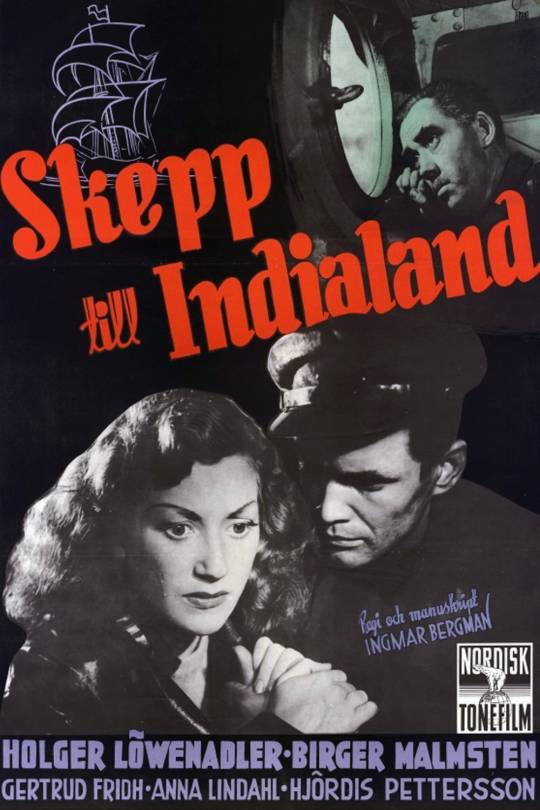
Films Watched in 2024:
22. Skepp till India land/A Ship Bound for India (1947) - Dir. Ingmar Bergman
#Skepp till India land#A Ship Bound for India#A Ship to India#Ingmar Bergman#Birger Malmsten#Holger Löwenadler#Gertrud Fridh#Anna Lindahl#Naemi Briese#Films Watched in 2024#My Post
0 notes
Photo
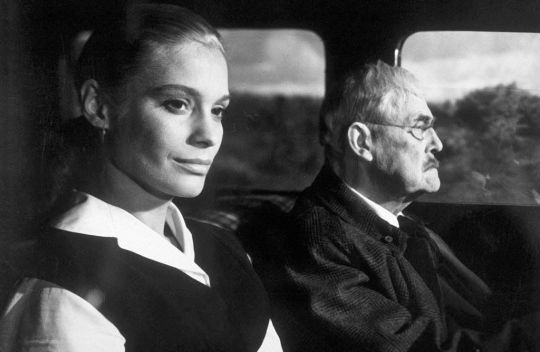
Ingrid Thulin and Victor Sjöström in Wild Strawberries (Ingmar Bergman, 1957)
Cast: Victor Sjöström, Ingrid Thulin, Bibi Andersson, Gunnar Björnstrom, Jullan Kindahl, Folke Sundquist, Björn Bjelfvenstam, Naima Wilfstrand, Gunnel Broström, Gunnar Sjöberg, Max von Sydiow, Ann-Marie Wiman, Gertrud Fridh, Åke Fridell. Screenplay: Ingmar Bergman. Cinematography: Gunnar Fischer. Production design: Gittan Gustafsson. Film editing: Oscar Rosander. Music: Erik Nordgren.
The portrait of old age in Wild Strawberries was created by a writer-director who was 39, which is about the right time for someone to become obsessed with the past and with the portents of dreams. In the film, Isak Borg (Victor Sjöström) is 78, and by that time most of us have come to terms with the past and made sense of (or perhaps just accepted as a given) the memories and dreams that persist in haunting us. But although Bergman's film, one of the handful of breakthrough films he made in the mid-1950s, may not ring entirely true psychologically, it holds up thematically. Isak Borg is about to be commemorated with an honorary degree, one that stamps him as over the hill, and it's not surprising that it forces him to reflections about the course of his life. He is not about to go gentle into a night that he thinks of as neither good nor bad, but the journey he takes during the film -- this is an Ingmar Bergman "road movie," after all -- helps him decide to accept his life, mistakes and all. The brilliantly crabby performance by Sjöström holds it all together, even though the movie occasionally misfires: The squabbling young hitchhikers Anders (Folke Sundquist) and Viktor (Björn Bjelfenstam), who come to blows over religious faith, could almost be a self-parody of Bergman's own obsession, which would play itself out in his "trilogy of faith," Through a Glass Darkly (1961), Winter Light (1963), and The Silence (1963). And the dream sequence in which Borg sees his late wife (Gertrud Fridh) and her lover (Åke Fridell) adds little to our understanding of the character. It's also possible to find the reconciliation of Borg's son (Gunnar Björnstrand) and daughter-in-law (Ingrid Thulin) a little too easily achieved, as if thrown in as a correlative to Borg's own affirmation. The radiant performance of Bibi Andersson in the double role of Borg's cousin Sara and the young hitchhiker who shares her name, however, almost brings the film into convincing focus. I don't think Wild Strawberries is a masterpiece, but it's certainly one of the essential films in the Bergman oeuvre.
8 notes
·
View notes
Text

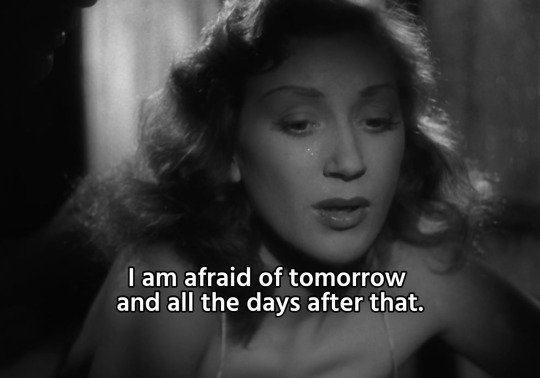
diptych_
~ Artwork by Morgan Harper Nichols_
~ Gertrud Fridh in Ingmar Bergman’s "A Ship to India"_
2 notes
·
View notes
Photo

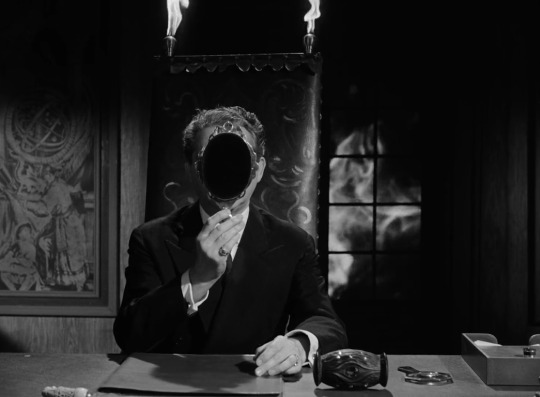
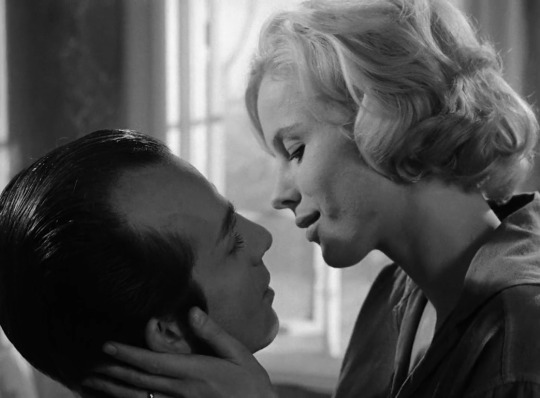
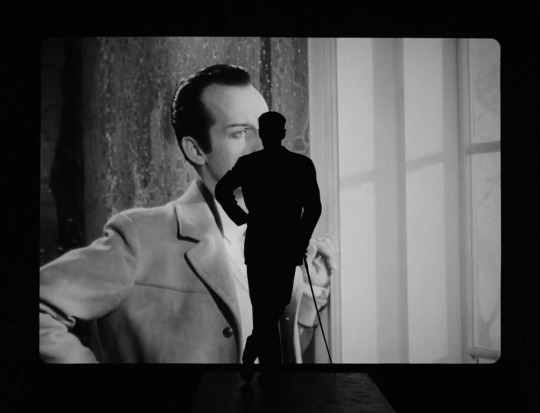
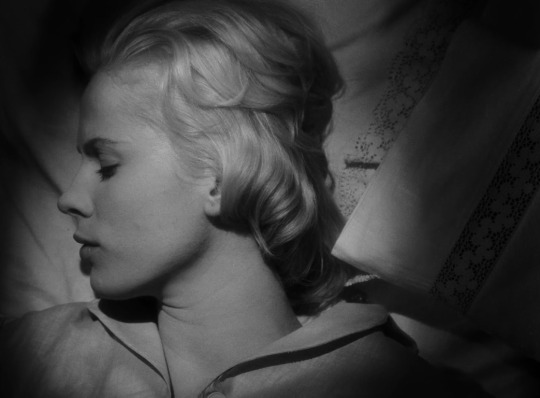
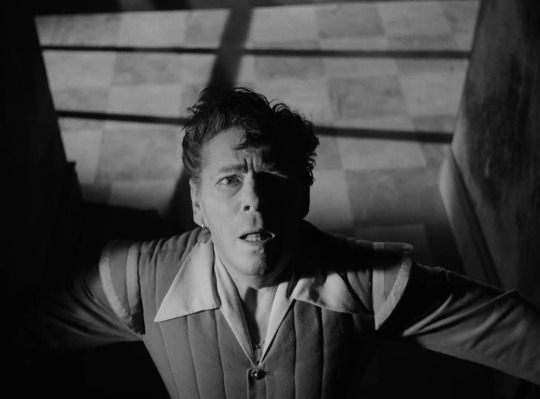

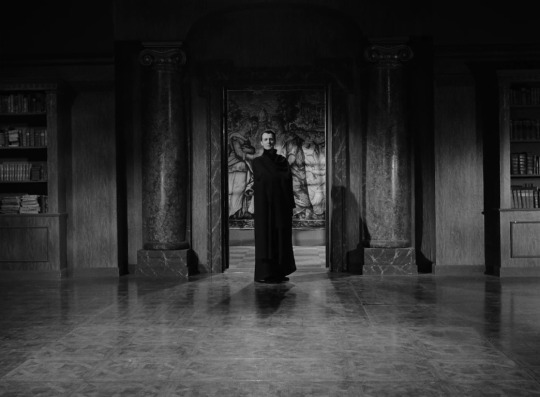
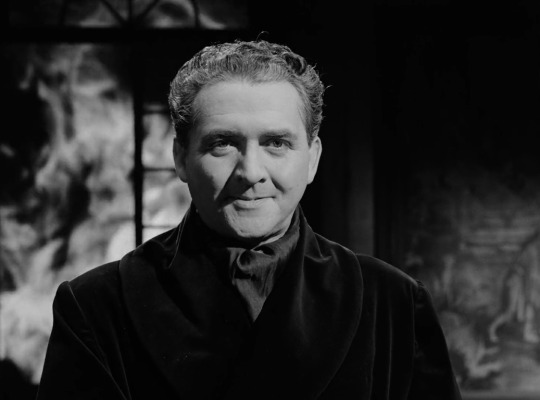
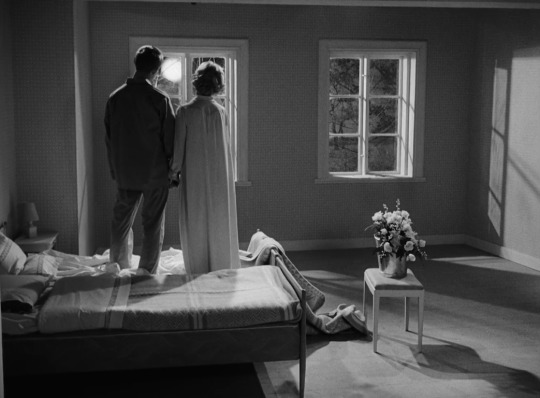
The Devil’s Eye (1960)
#the devil's eye#the devils eye#ingmar bergman#jarl kulle#bibi andersson#stig jarrel#nils poppe#gertrud fridh#sture lagerwall#talks
36 notes
·
View notes
Photo
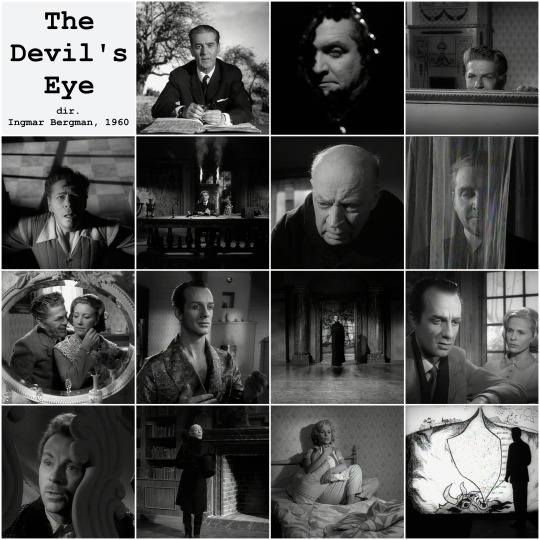
The Devil’s Eye
directed by Ingmar Bergman, 1960
#The Devil's Eye#Djävulens öga#Ingmar Bergman#movie mosaics#Gunnar Björnstrand#Stig Järrel#Sture Lagerwall#Nils Poppe#Gertrud Fridh#Jarl Kulle#Bibi Andersson
8 notes
·
View notes
Photo
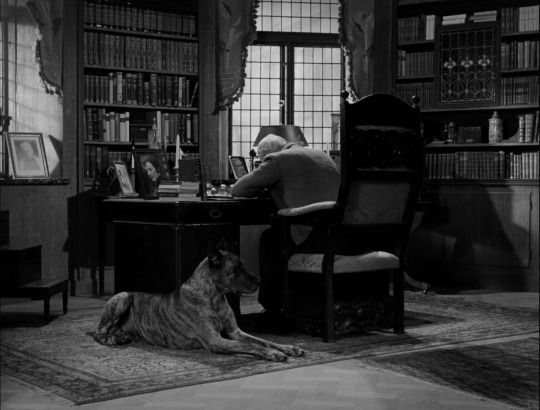
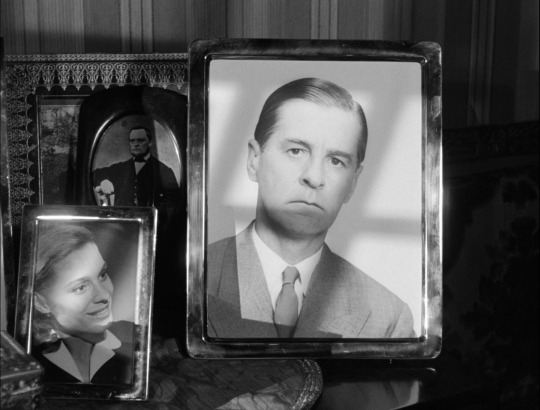

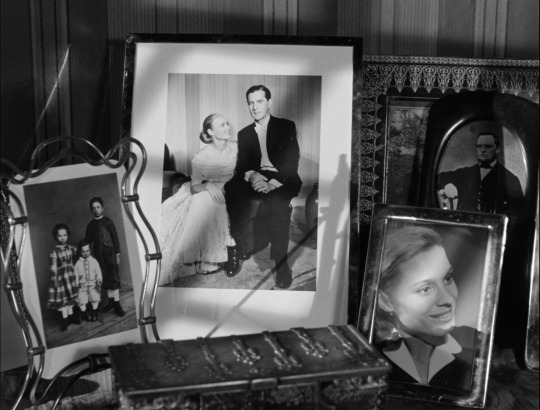
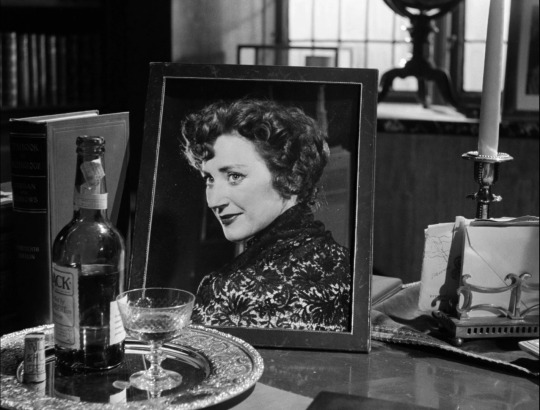
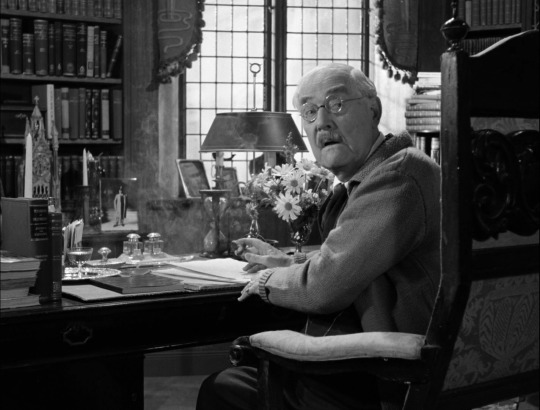
Smultronstället (AKA Wild Strawberries) | Ingmar Bergman | 1957
Victor Sjöström, Ingrid Thulin, Gunnar Björnstrand, Naima Wifstrand, Gertrud Fridh
#Victor Sjöström#Ingrid Thulin#Gunnar Björnstrand#Naima Wifstrand#Gertrud Fridh#Ingmar Bergman#Bergman#Smultronstället#Wild Strawberries#1957
40 notes
·
View notes
Photo
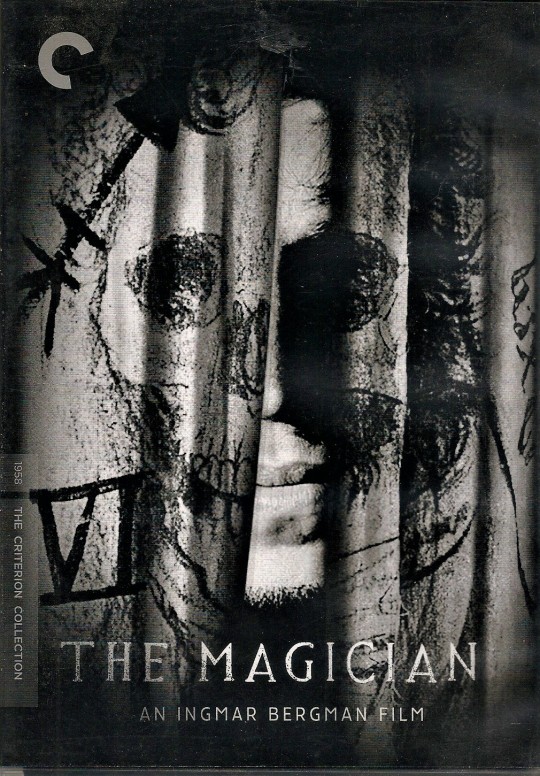
Bad movie I have The Magician 1958 aka Ansiktet and The Face
#The Magician#Svensk Filmindustri#Max von Sydow#Ingrid Thulin#Gunnar Björnstrand#Naima Wifstrand#Bengt Ekerot#Bibi Andersson#Gertrud Fridh#Lars Ekborg#Toivo Pawlo#Erland Josephson#Åke Fridell#Sif Ruud#Oscar Ljung#Ulla Sjöblom#Axel Düberg#Birgitta Pettersson#Frithiof Bjärne#Tor Borong#Arne Martensson#Harry Schein
5 notes
·
View notes
Photo

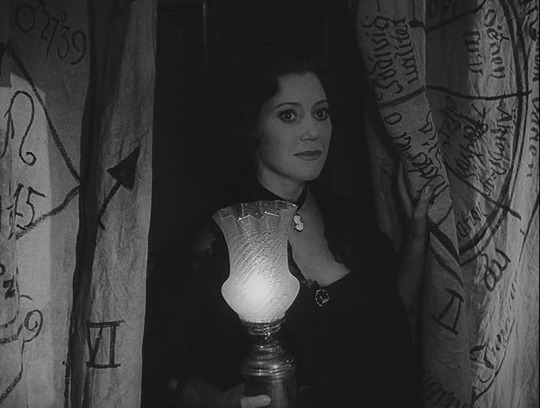




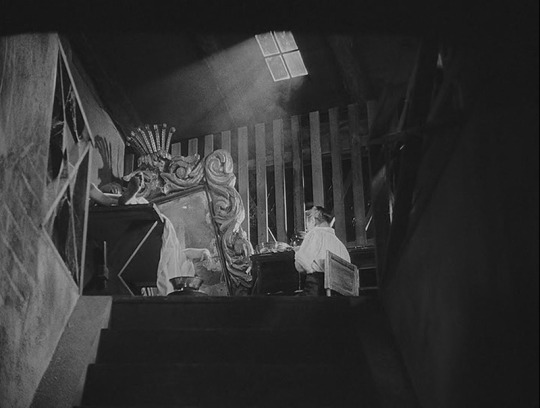
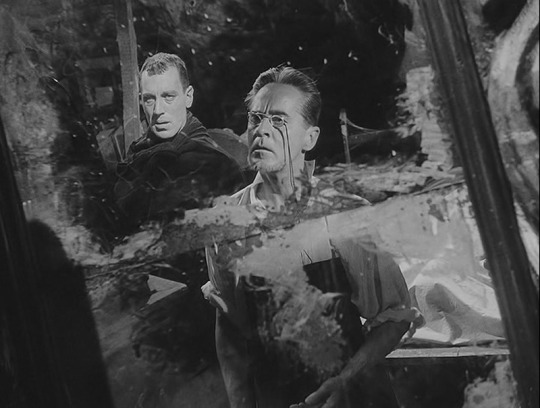


ANSIKTET (Ingmar Bergman, 1958)
#ansiktet#the magician#el rostro#ingmar bergman#max von sydow#ingrid thulin#gunnar bjornstrand#gertrud fridh#bibi andersson#film#cine
38 notes
·
View notes
Photo
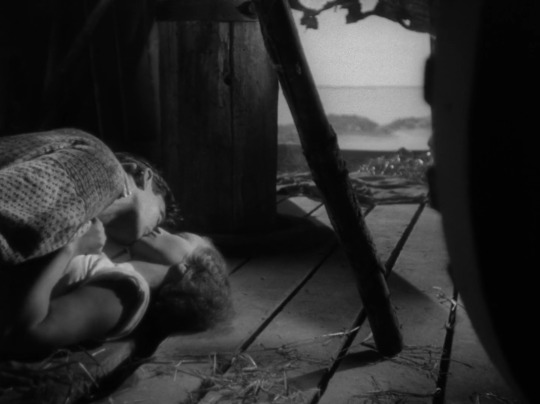
- I do care what you think. You’re the first person to be nice to me without wanting anything back. If I could fall in love with anyone, I’d fall in love with you.
- You don’t realize what you’re saying. You’re crazy.
- I’m completely mad. Aren’t people allowed to be mad sometimes?
- I’ve always been alone. Nobody has ever cared about me.
- People shouldn’t be alone. You need someone to take care of. You need someone to love. Otherwise, you might as well be dead.
A Ship Bound for India (Skepp till India land), Ingmar Bergman (1947)
#Ingmar Bergman#Holger Löwenadler#Anna Lindahl#Birger Malmsten#Gertrud Fridh#Naemi Briese#Hjördis Petterson#Lasse Krantz#Jan Molander#Erik Hell#Göran Strindberg#Erland von Koch#Tage Holmberg#1947
4 notes
·
View notes
Text
"Ansiktet" (1958) - Ingmar Bergman
(Transl.: "The Face", Eng. title: "The Magician")










Films I've watched in 2024 (4/?)
#films watched in 2024#Ansiktet#Ingrid Thulin#Max von Sydow#Gunnar Björnstrand#Sif Ruud#Åke Fridell#Bibi Andersson#Birgitta Pettersson#Naima Wifstrand#Gertrud Fridh#Erland Josephson#Toiwo Pawlo#Ulla Sjöblom#Oscar Ljung#Ingmar Bergman#Swedish film#Swedish cinema#1950s film#1950s cinema#film recommendations#movie recommendation#film GIFs#movie GIFs#motionpicturelover's gifs
1 note
·
View note
Text
4.27.19
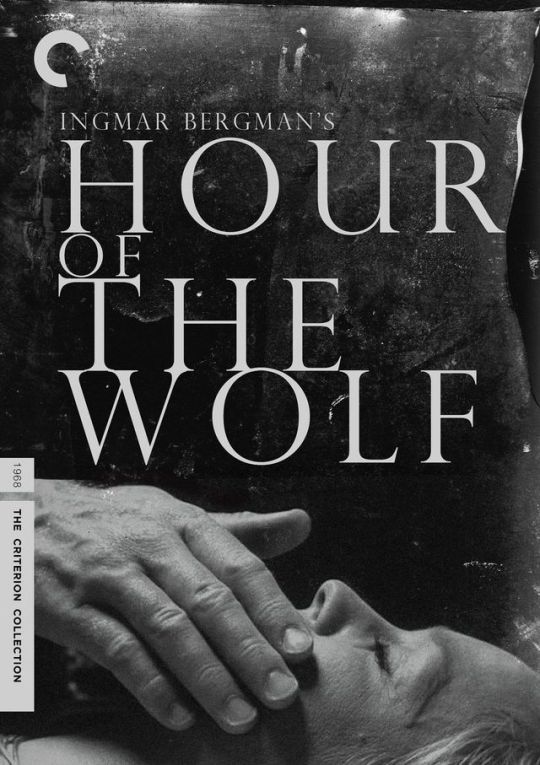
#letterboxd#watched#film#hour of the wolf#ingmar bergman#ingrid thulin#gudrun brost#ulf johansson#naima wifstrand#erland josephson#georg rydeberg#gertrud fridh#liv ullmann#max von sydow
7 notes
·
View notes
Photo
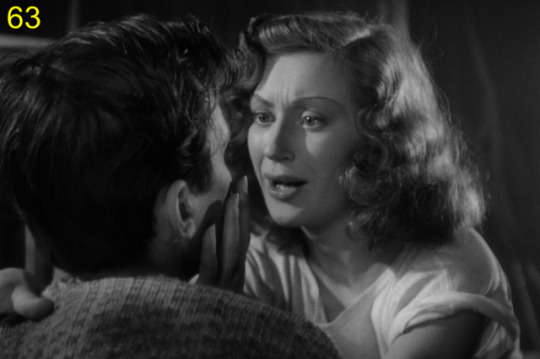
63. Um Barco para a Índia (Skepp till India land, 1947), dir. Ingmar Bergman
#cinema#ingmar bergman#gertrud fridh#classic movies#drama#1940s movies#black and white movies#nordic cinema#european cinema#swedish cinema#cult director#cinefilos
1 note
·
View note
Photo
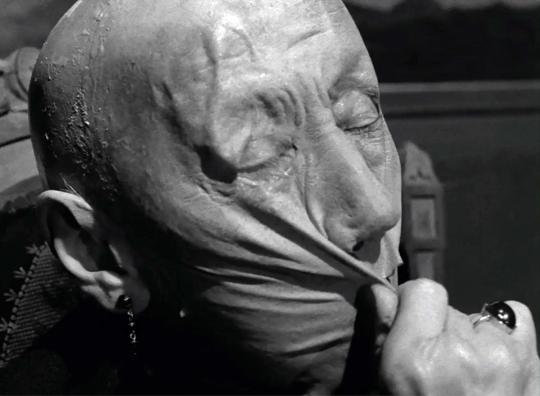
Hour of the Wolf (Ingmar Bergman, 1968)
Cast: Max von Sydow, Liv Ullmann, Gertrud Fridh, Georg Rydeberg, Erland Josephson, Naima Wilfstrand, Ulf Johansson, Gudrun Brost, Bertil Anderberg, Ingrid Thulin. Screenplay: Ingmar Bergman. Cinematography: Sven Sykvist. Production design: Marik Vos-Lundh. Film editing: Ulla Ryghe. Music: Lars Johan Werle.
Ingmar Bergman's Hour of the Wolf is unquestionably a "horror movie" -- i.e., one filled with incidents and images and narrative details aimed at shocking the viewer. It takes place on a remote island with a mysterious castle. Figures appear who may be either humans or demons. There's a scene in which a man walks up the wall and across the ceiling and one in which a woman peels off first her wig and then her face. The protagonist either murders or imagines that he has murdered a small boy. That protagonist is Johan Borg (Max von Sydow), an artist, who has come to the island with his wife, Alma (Liv Ullmann), to recover after an illness -- physical or mental, we're not told. Johan can't sleep, and Alma sits up with him at night while he tells her about the demons whose images he has sketched, so no wonder that her own mental state becomes fragile. One day, she meets an old woman who tells her that she should read Johan's diary, which he keeps under his bed. She does so, rather like Bluebeard's wife persisting in opening his castle's doors, uncovering some disturbing entries regarding his continued obsession with an old love, Veronica Vogler (Ingrid Thulin). They're invited to a dinner party at the castle by the baron (Erland Josephson), where they meet a variety of unlovely sophisticates and are entertained by a rather bizarre puppet show excerpt from Mozart's The Magic Flute (an opera that Bergman would film, in a less bizarre manner, seven years later). But the climax of the evening comes when the baroness (Gertrud Fridh) takes the Borgs to her bedroom to show off her prized possession: Johan's portrait of Veronica Vogler. From then on, it's a deep descent into madness for Johan and a desperate attempt by Alma to save both of them from self-destruction. The "creep factor" in Bergman's movies is never entirely missing, but Hour of the Wolf cranks it up higher than ever. The problem is that the creepiness is sustained almost to the point of tedium, and with a concomitant loss of credibility. The remote island setting prevents the film from grounding itself in normality, so that the action plays out on one sustained note of oppressive isolation. Hour of the Wolf has many admirers, who rightly point out that Bergman, with the considerable help of his actors and his cinematographer, Sven Nykvist, has crafted a nightmare of erotic obsession with the utmost skill. But I like to compare Hour of the Wolf to another horror movie released the same year, Roman Polanski's Rosemary's Baby, a "commercial" product aimed at a general audience, which suggests evil things going on beneath the surface of a commonplace urban setting, and ask which is the more successful: the sustained psychological oppressiveness of the Bergman film or the sinister mixture of comedy and shock of the Polanski movie?
8 notes
·
View notes
Photo
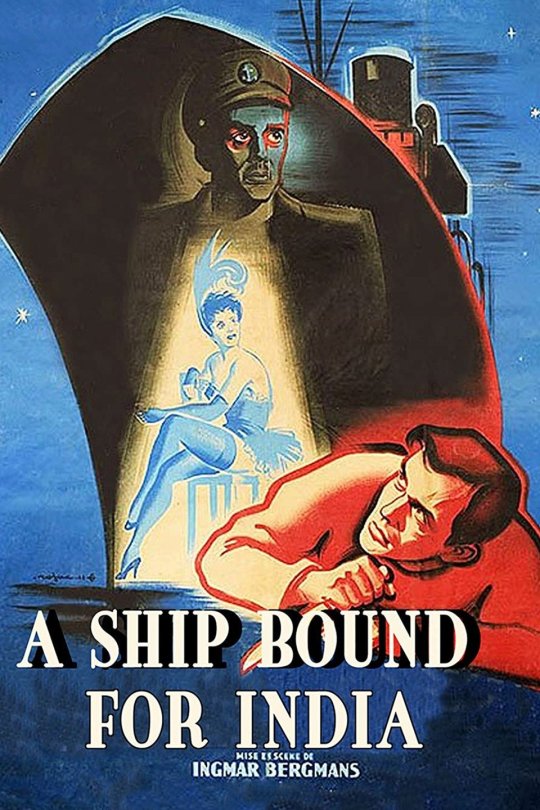

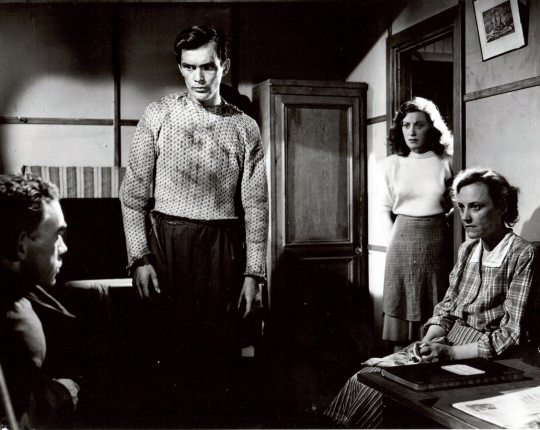
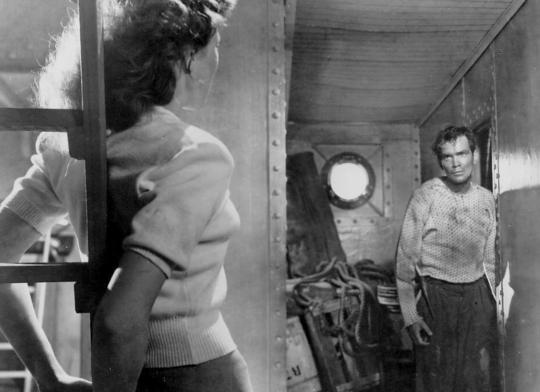
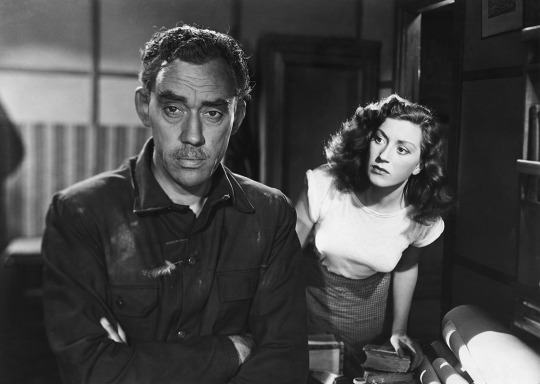

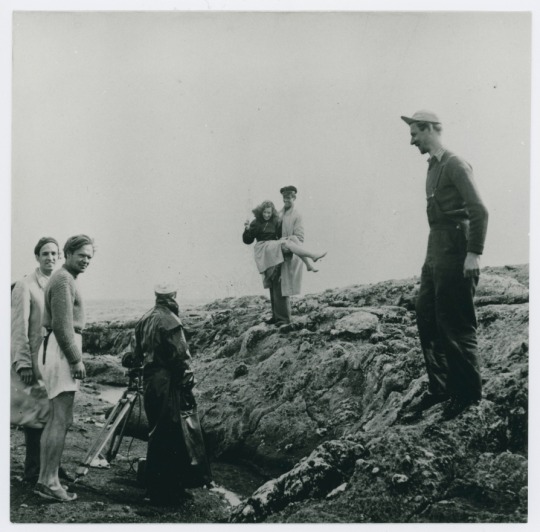
A Ship to India (Skepp till India land) (A Ship Bound for India) (1947) Ingmar Bergman
February 6th 2022
#a ship to india#skepp till india land#a ship bound for india#1947#ingmar bergman#birger malmsten#holger lowenadler#gertrud fridh#anna lindahl#lasse krantz#erik hell#jan molander#hjordis petterson#naemi briese#frustration#the land of desire
0 notes